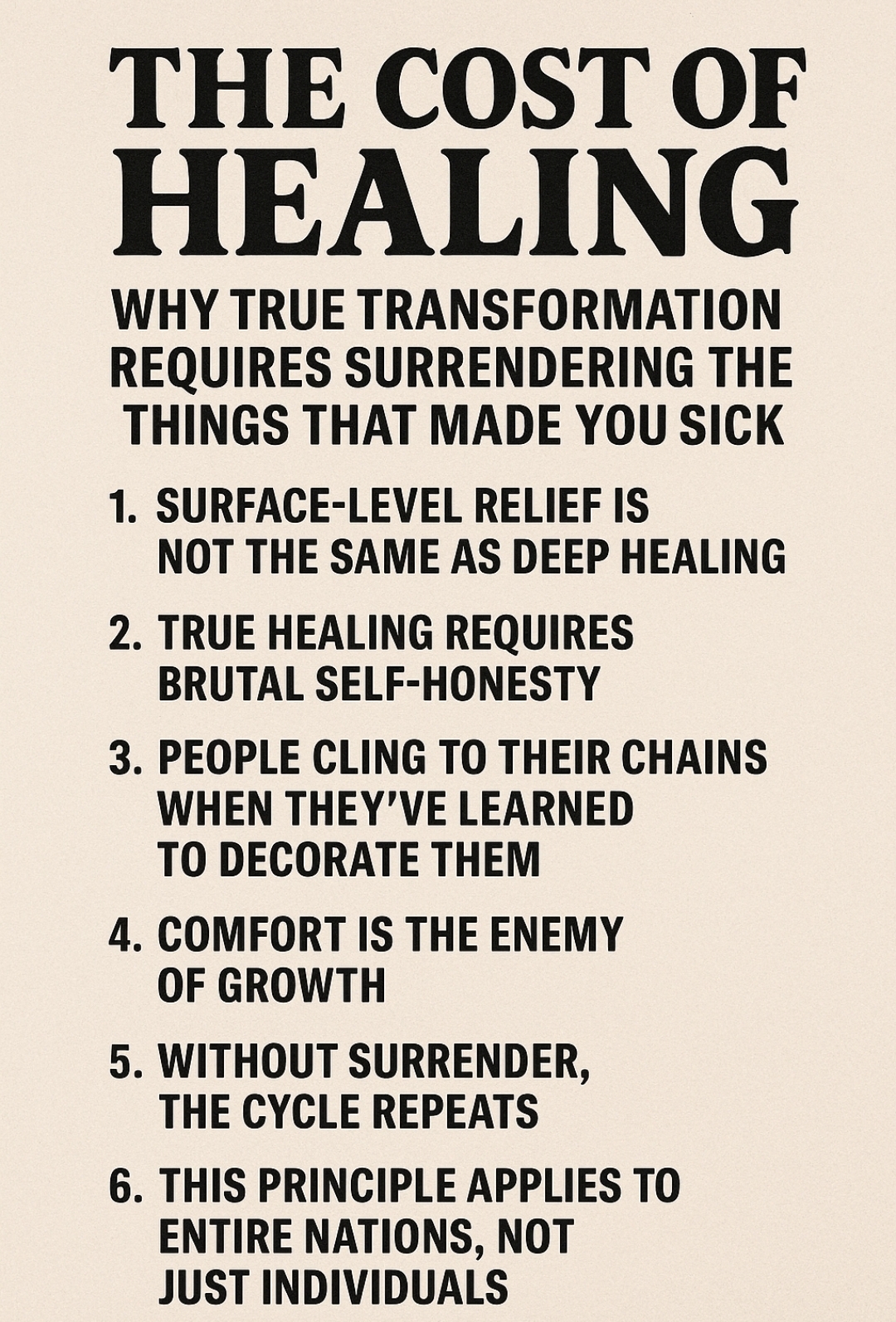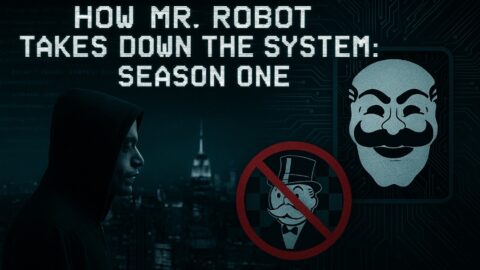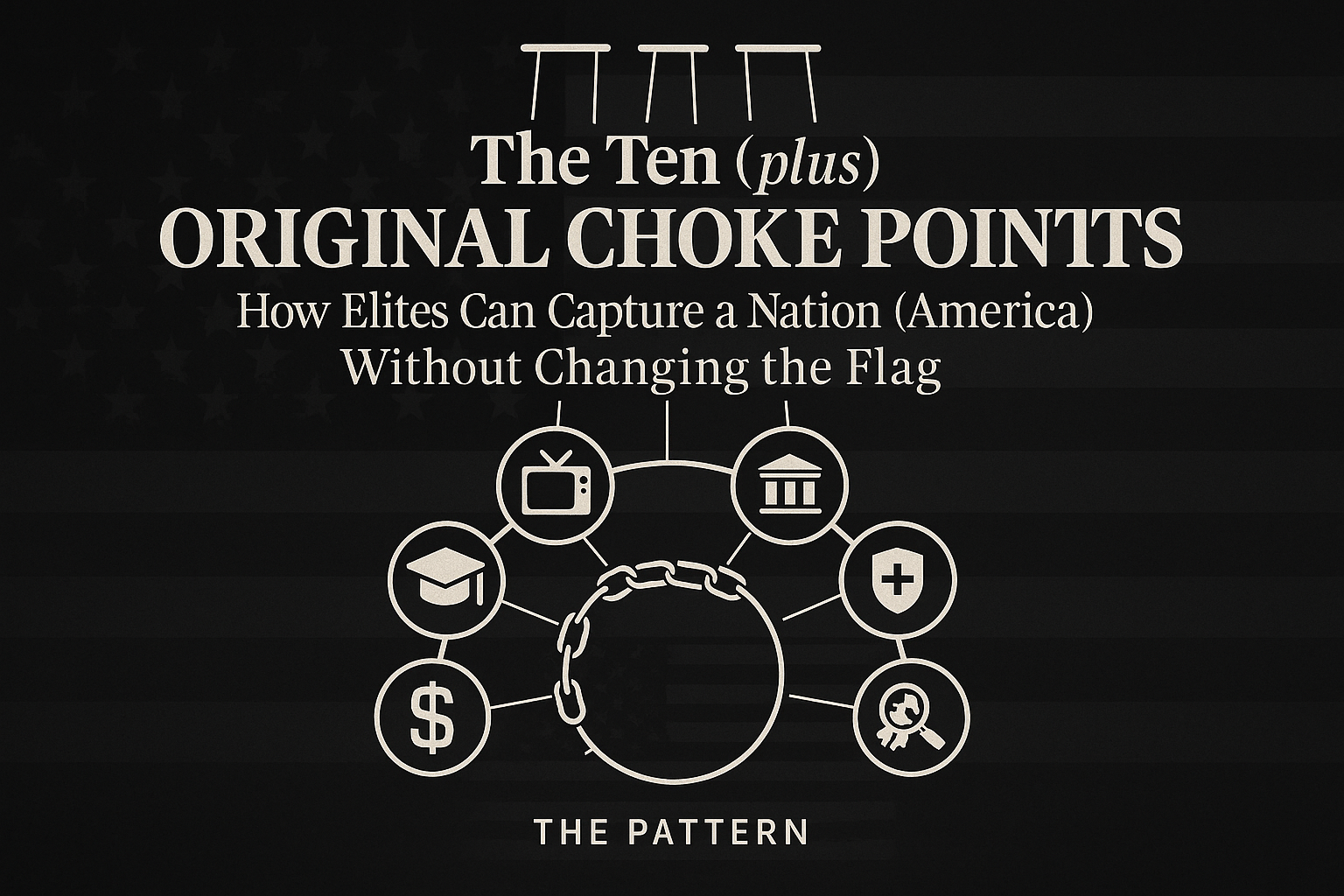“Before you heal someone, ask him if he’s willing to give up the things that made him sick.”
— Hippocrates
Introduction: The Paradox of Healing
Everyone wants healing—whether it’s from trauma, addiction, anxiety, disease, depression, regret, or societal collapse. We pray for relief. We search for solutions. We seek out professionals, pastors, mentors, and medicine. But what most people do not want is the cost.
Because healing—true healing—always comes with a price.
And that price is this:
You must be willing to give up what made you sick.
That’s what Hippocrates, the father of medicine, was trying to say thousands of years ago. He wasn’t just offering medical advice. He was diagnosing a universal human condition—our stubborn attachment to the very things that are destroying us.
This article explores why this insight is so timeless, and why healing (individual or societal) remains elusive until we confront our own participation in the problem.
Surface-Level Relief Is Not the Same as Deep Healing
Most people don’t want transformation. They want pain relief without change. They want to feel better, not become better. So they treat symptoms—numbing, distracting, coping—but never surrender the root causes.
- A man wants to be free from depression… but refuses to stop drinking every night.
- A woman wants peace… but won’t stop comparing herself to filtered Instagram models.
- A nation wants liberty… but clings to comfort, debt, and dependency.
Healing is not just about relief.
Healing is about removing the infection, not just soothing the wound.
Until someone is willing to stop the behaviors, mindsets, and environments that caused the illness in the first place, no amount of external help will make them whole.
True Healing Requires Brutal Self-Honesty
Healing means facing hard truths—truths about what you tolerate, enable, or excuse. And that requires brutal honesty. Many people aren’t ready for that because:
- They’ve built identities around their pain (“the victim,” “the martyr,” “the tough one”).
- They’ve spiritualized dysfunction (“God wants me to carry this burden”).
- They fear responsibility more than they fear sickness.
To heal, you must admit: “I contributed to my suffering. I accepted the poison. I stayed in the trap.”
This is not about shame. It’s about reclaiming agency.
Healing requires truth, and truth requires confronting your complicity—without excuses.
People Cling to Their Chains When They’ve Learned to Decorate Them
As strange as it sounds, many people protect their pain because it’s familiar.
- An abused partner may justify staying because it feels like “loyalty” or “forgiveness.”
- An addict may cling to their drug because it’s predictable and comforting.
- A society may keep electing the same types of leaders because “the system” feels safer than uncertainty.
The decorated chain is the most dangerous kind.
People learn to rationalize their prison: “It’s not so bad,” “This is just how life is,” “It could be worse.” They identify with the very thing destroying them, so much so that when someone tries to offer healing, they interpret it as a threat.
Until the person wants to be free—truly wants it—they will fight to stay sick.
Comfort Is the Enemy of Growth
Most of what makes us emotionally, physically, and spiritually sick is rooted in our addiction to comfort over courage.
- We choose fast food over fasting.
- We choose scrolling over silence.
- We choose shallow praise over deep conviction.
- We choose familiarity over freedom.
And then we wonder why we feel spiritually numb, emotionally fragile, or existentially lost.
Healing requires discomfort.
Growth demands challenge.
And restoration often comes through fire, not pillows.
The road to healing is narrow not because the answers are complex—but because the courage to change is rare.
Without Surrender, the Cycle Repeats
People who seek healing without change fall into repeating loops:
- They change jobs but not their habits.
- They find new partners but bring the same wounds.
- They switch churches, therapies, diets, and ideologies—but refuse to face the mirror.
This is why temporary fixes never work. The symptoms adapt. The root remains.
You can’t heal in the same environment that made you sick.
And you can’t change your life while refusing to change your choices.
The cycle will repeat—until the soul says:
“Enough. I’m done protecting the very thing that is killing me.”
This Principle Applies to Entire Nations, Not Just Individuals
Hippocrates’ warning is not just personal—it’s prophetic for civilizations.
- A nation that refuses to surrender debt-based economies, moral relativism, media addiction, and political tribalism cannot be healed by elections.
- A culture that refuses to let go of comfort, entertainment, and pride cannot be restored by policy.
- A church that refuses to repent of idolatry, celebrity worship, and cowardice cannot be revived by revival events.
“Before we heal the nation, ask if we’re willing to give up the things that made it sick.”
This is not about left or right. This is about truth or deception, healing or decay, life or death.
Conclusion: Healing Is a Door That Opens Inward
Healing is not imposed from outside—it is chosen from within.
You can be offered love, forgiveness, resources, truth, even miracles. But if you’re not willing to give up the patterns, beliefs, idols, or behaviors that broke you, you will remain unhealed—not because healing isn’t possible, but because you never truly surrendered the sickness.
“The truth will set you free, but first it will demand everything that binds you.”
So ask yourself:
- Am I really ready to heal?
- Or am I still defending the disease?
Because healing isn’t just about what you gain.
It’s about what you’re willing to give up.







